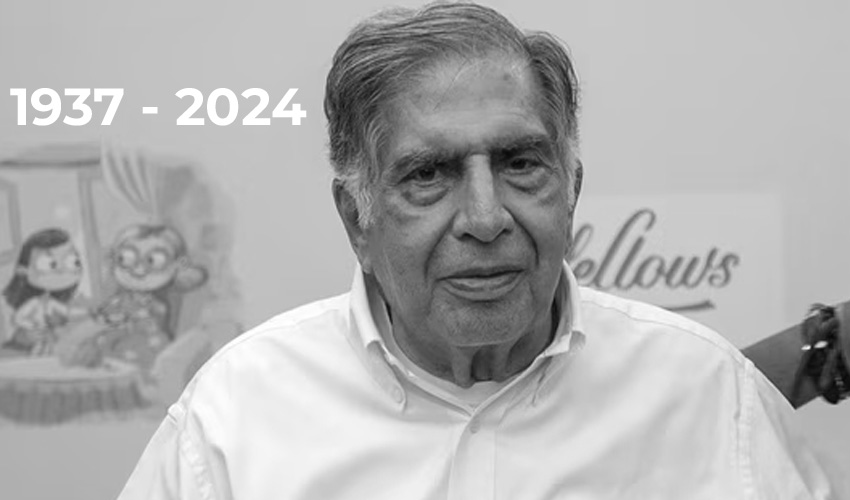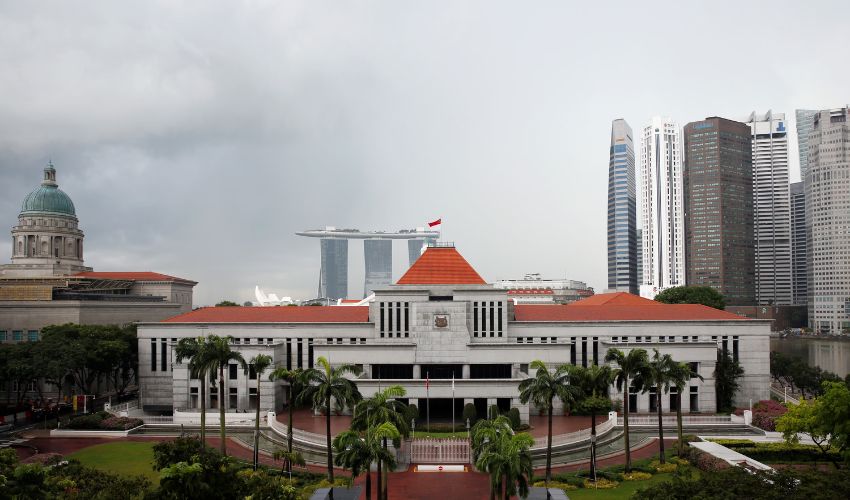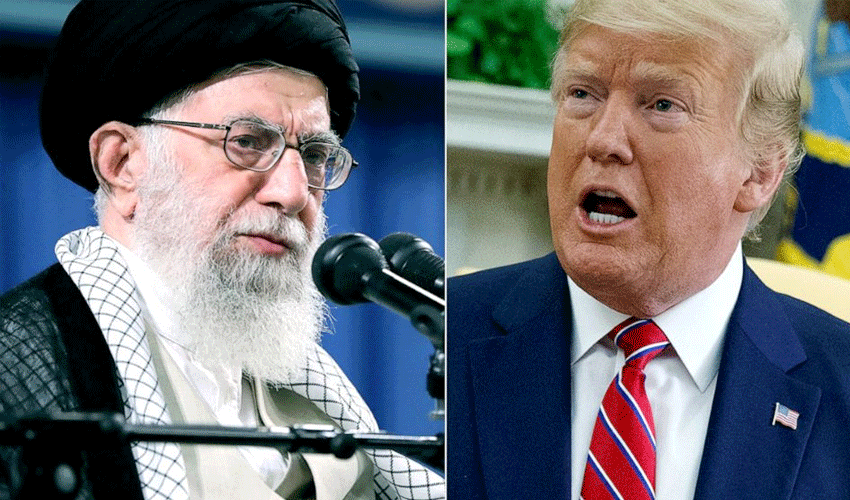Ratan Tata, the former chairman of Tata Group and one of India's most revered industrialists, has passed away at the age of 86.
The news was confirmed by Tata Group late Wednesday, following his admission to Breach Candy Hospital in Mumbai, where he had been receiving intensive care due to a sudden drop in blood pressure.
Born on December 28, 1937, Tata steered one of India’s largest conglomerates for over two decades, leaving an indelible mark on global business, philanthropy, and the Indian economy.
Under his stewardship, Tata Group, founded by his great-grandfather, emerged as a global enterprise, with revenues surpassing $165 billion in 2023-24.
Visionary leadership
Ratan Tata's leadership of Tata Group began in 1991, during a time of economic liberalisation in India. He succeeded his uncle, J.R.D. Tata, and embarked on a bold strategy of expansion and modernisation, restructuring several Tata companies and promoting younger executives to leadership positions. He led the group to international prominence through landmark acquisitions, including Tetley Tea (2000), Corus Steel (2007), and Jaguar Land Rover (2008). His efforts to globalise the conglomerate meant that over half of Tata Group’s revenues by 2011 came from international markets.

Chandrasekaran, current chairman of Tata Sons, expressed deep sorrow, stating, "Ratan Tata was more than just a leader; he was a mentor, guide, and friend. His contributions not only shaped Tata Group but also the fabric of our nation." He added, “His commitment to integrity, excellence, and innovation has left a legacy that will inspire generations to come.”
Life of philanthropy
Known for his modest lifestyle, Tata was equally renowned for his commitment to philanthropy. Over 60 percent of Tata Sons' equity is held by charitable trusts that support education, healthcare, and culture. During his tenure, the Tata Trusts funded major institutions, including the Indian Institute of Science (IISc) and Tata Memorial Hospital. Tata’s philanthropic initiatives garnered international recognition, earning him the prestigious Carnegie Medal of Philanthropy in 2007.

Even after retiring in 2012, Tata continued to chair the charitable trusts, playing a pivotal role in uplifting underserved communities in India and beyond. His leadership extended beyond business, as he often sought to address India’s social challenges through innovative solutions like the Tata Nano, the world’s cheapest car, which he launched in 2009.
Challenges and controversies
Tata's career was not without challenges. Following his retirement in 2012, he faced a public boardroom battle with his successor Cyrus Mistry, who was ousted from Tata Sons in 2016. Tata temporarily returned as interim chairman before handing over the reins to N Chandrasekaran in January 2017. Despite the turmoil, his legacy remained untarnished, with many lauding his quiet yet transformative leadership.
Farewell to icon
In his final public message on October 7, just days before his passing, Tata posted a heartfelt message on social media, asking the public not to speculate over his hospitalisation. He maintained a dignified tone, stating, “There is no cause for concern,” and expressing his gratitude for the public’s concern with a simple, “Thank you for thinking of me.”
Ratan Tata’s death marks the end of an era for India’s business world. Tributes have poured in from political and business leaders across the globe, all recognising his contribution not only to the Indian economy but to global industry and humanity at large.



























